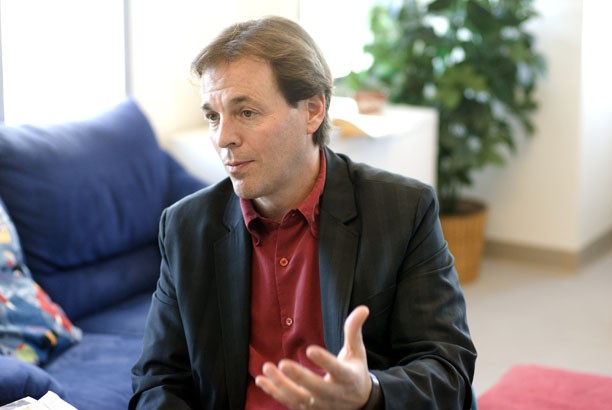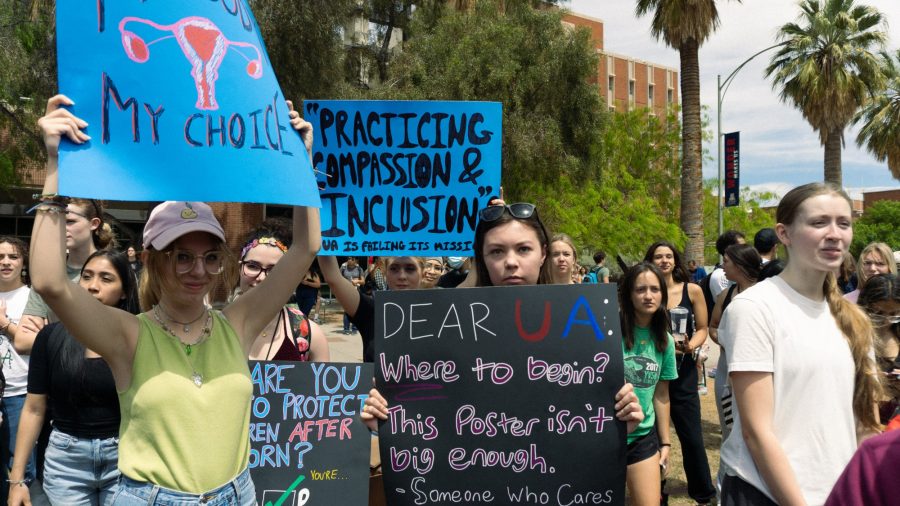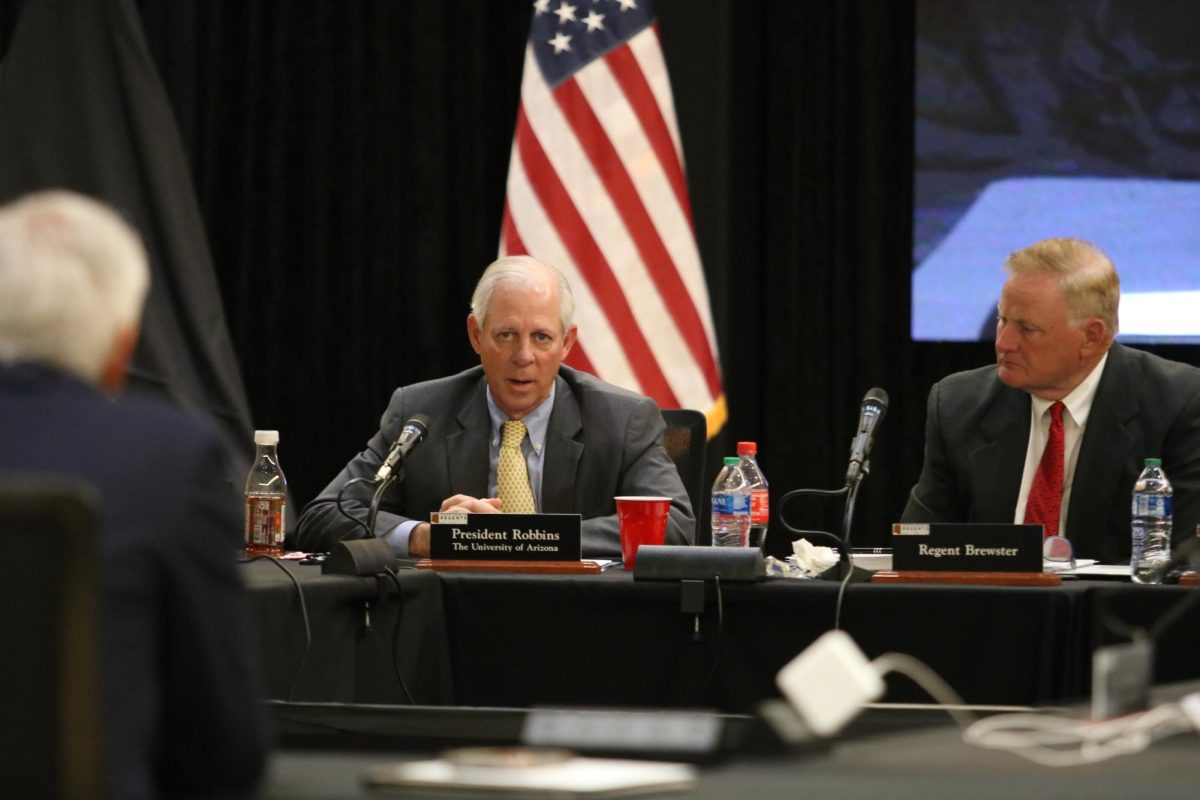Eller Executive Education is working with the city of Tucson to implement a new general plan, which will be voted on in November.
The state of Arizona mandates a 10-year plan for Tucson; the last general plan was approved in 2001. The 2013 General Plan focuses on the social, economic and physical environment of the city. Underneath these three categories are 20 goals, such as the desire to be a prosperous city. Those goals have different sections like housing and transportation, which finally result in policies.
Eller Executive Education is helping to provide strategic priorities for the plan such as economic developments, a strong downtown, increasing the quality of life and decreasing poverty, according to Nicole Ewing Gavin, planning and policy program director for the City Manager’s Office.
Eller’s efforts are more toward the short-term goals of the plan, like the budget, Ewing Gavin added.
Mayor Jonathan Rothschild has been working to develop a stronger relationship between the university and the city. He has had a few meetings with UA President Ann Weaver Hart and is working with the College of Architecture, Planning and Landscape Architecture, and now the Eller College of Management as well, Ewing Gavin said.
“Within the last year our involvement with the city has been greatly increased,” said Stephen Gilliland, executive director for Eller Executive Education. “One, Mayor Rothschild has been reaching out to the university in a very proactive way, and the other reason is that there is a new HR director for the city and she has been very proactive about reaching out to us to develop a program.”
Gilliland went to a retreat in December with the Tucson mayor’s council, the mayor of Phoenix, and the mayor of Mesa, where they worked on business ethics and policy making. At the retreat, they also spoke about what the city of Tucson could be doing, what other cities are doing and what city leaders should be doing.
As one example, Mesa’s acronym HEAT stands for its four strategic priorities: healthcare, education, aerospace and tourism.
“I think what the mayor is trying to do is something similar,” Gilliland said. “Tucson’s own blend of ‘What should we really be focusing on for the next several years?’”
In March, city leaders will hold a think tank lab to work on setting priorities, according to Ewing Gavin.
“We think that will be a useful tool,” Ewing Gavin said.
Eller also held a five-day course in December for city managers and leaders on leadership where they sat in a classroom, were given homework and then presented a project on the last day, Gilliland said.
“The idea is to take what we know about leadership, [the] business sector, strategy and planning, and to share that with the city so that they can be more strategic in planning,” Gilliland said.
Ewing Gavin said that Eller is only working on short-term projects with the city, but Gilliland said that Eller is willing to continue working as long as it can contribute.
“I’d like to really feel that we are committed to Tucson,” Gilliland said. “Maybe there hasn’t been much sharing with the U of A and the city government, and yet, we have so much to offer each other. I would like it to be an ongoing process, not a one-shot deal. I hope this is the beginning of a long-term relationship.”









